As pain management research progresses, new avenues of relief emerge. These advanced approaches, both technological and holistic, hold promise for millions.
Neuromodulation Techniques
Spinal Cord Stimulation (SCS):
- Implants deliver electrical pulses to the spinal cord.
- Disrupts pain signals, offering relief for chronic pain conditions.
Transcutaneous Electrical Nerve Stimulation (TENS):
- Portable devices deliver electrical pulses through skin pads.
- Effective for various conditions, including postoperative pain.
For further information you can check National Institute of Neurological Disorders on Neuromodulation.
Holistic Health Approaches
Nutrition:
- Inflammation is a pain precursor. An anti-inflammatory diet, rich in omega-3s and antioxidants, can help.You can read our article on Omega-3 Fatty Acids.
- Avoiding processed foods and sugars also reduces inflammation.
Sleep:
- Crucial for healing and recovery. Chronic pain can disrupt sleep, but addressing sleep quality can, in turn, reduce pain severity.
Stress Management:
- Chronic stress amplifies pain perception.
- Techniques like yoga, mindfulness, and journaling can reduce stress, indirectly alleviating pain.
Alternative Therapies
CBD and Medical Marijuana:
- Cannabidiol (CBD) has anti-inflammatory properties and might help with pain, anxiety, and sleep.
- Medical marijuana, where legal, can be prescribed for specific pain conditions, but always consult a doctor.
Kratom:
- Derived from a Southeast Asian tree. It can provide pain relief and energy but use with caution and under medical supervision.
You can find more information under Healthline on Alternative Pain Therapies.
Emerging Technologies
Virtual Reality (VR) Therapy:
- Immerses patients in a digital environment.
- Distraction can significantly reduce pain perception.
Gene Therapy:
- Targets pain at its genetic roots.
- Though in infancy, holds great potential.
Zusammenfassung
Pain management is continually evolving. With a combination of foundational knowledge and advanced techniques, we move closer to a future where pain can be effectively managed, offering improved quality of life. In case you missed part 1 here is link.
—
Remember, always consult a healthcare professional before making decisions about pain management. These articles are for informational purposes only.

